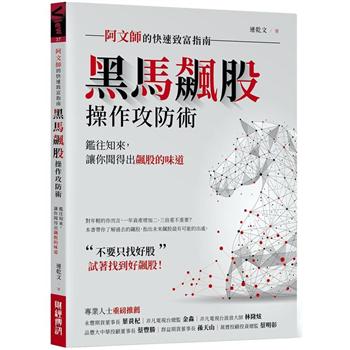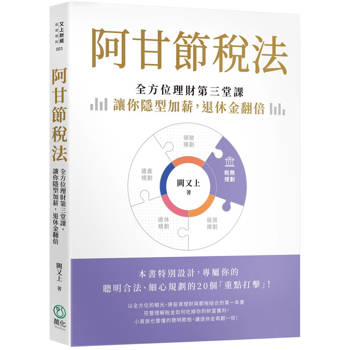A free ebook version of this title is available through Luminos, University of California Press’s Open Access publishing program. Visit www.luminosoa.org to learn more.
Mal-Nutrition documents how maternal health interventions in Guatemala are complicit in reproducing poverty. Policy makers speak about how a critical window of biological growth around the time of pregnancy--called the "first 1,000 days of life"--determines health and wealth across the life course. They argue that fetal development is the key to global development. In this thought-provoking and timely book, Emily Yates-Doerr shows that the control of mothering is a paradigmatic technique of American violence that serves to control the reproduction of privilege and power. She illustrates the efforts of Guatemalan scientists, midwives, and mothers to counter the harms of such mal-nutrition. Their powerful stories offer a window into a form of nutrition science and policy that encourages collective nourishment and fosters reproductive cycles in which women, children, and their entire communities can flourish.| FindBook |
|
有 1 項符合
Yates-Doerr的圖書 |
 |
$ 2097 | Mal-Nutrition: Maternal Health Science and the Reproduction of Harm
作者:Yates-Doerr 出版社:University of California Press 出版日期:2024-11-12 語言:英文 規格:平裝 / 267頁 / 普通級/ 初版  看圖書介紹 看圖書介紹
|
|
|
圖書介紹 - 資料來源:博客來 評分:
圖書名稱:Mal-Nutrition: Maternal Health Science and the Reproduction of Harm
|











